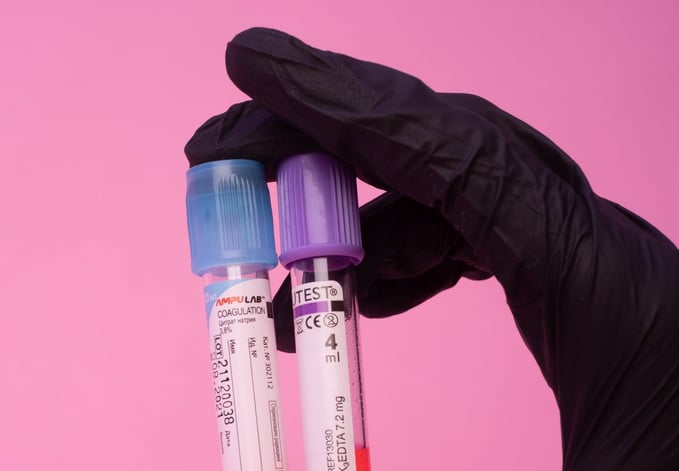STI/STD Testing and Treatment
STI/STD testing and treatment are essential components of reproductive healthcare aimed at preventing the spread of sexually transmitted infections (STIs) and sexually transmitted diseases (STDs), diagnosing infections early, and providing timely treatment to affected individuals. These services are offered by healthcare providers specializing in sexual health and infectious diseases, who utilize a range of diagnostic tests and treatment modalities to ensure comprehensive care and support for patients. From routine screenings to targeted interventions, STI/STD testing and treatment play a critical role in promoting sexual health and well-being for individuals of all ages and backgrounds.
Step-by-Step Process:
Pre-Testing Consultation:
The process begins with a pre-testing consultation where patients meet with their healthcare provider to discuss their sexual history, symptoms, and concerns related to STIs/STDs.
During this consultation, the provider offers guidance on appropriate testing options based on individual risk factors and exposure history.
STI/STD Testing:
Comprehensive STI/STD testing may include:
Blood tests to screen for infections such as HIV, syphilis, and hepatitis.
Urine tests or swabs of genital, oral, or rectal areas to detect bacterial infections such as chlamydia and gonorrhea.
Pap smears or HPV tests to screen for cervical cancer and human papillomavirus (HPV) infections.
Testing protocols are tailored to each patient's needs, ensuring accurate and timely diagnosis of STIs/STDs.
Diagnostic Evaluation:
Upon receiving test results, the healthcare provider performs a diagnostic evaluation to confirm the presence of STIs/STDs, assess the severity of infection, and identify any complications.
Additional tests or imaging studies may be ordered to guide treatment decisions and monitor disease progression.
Treatment Planning:
Based on the type and severity of STI/STD detected, a personalized treatment plan is developed by the healthcare provider.
Treatment options may include antibiotics, antiviral medications, or other pharmacological interventions to eradicate the infection and alleviate symptoms.
Partner Notification and Counseling:
Patients diagnosed with STIs/STDs receive counseling on safer sex practices, risk reduction strategies, and the importance of partner notification and testing.
Healthcare providers may offer assistance in notifying sexual partners of potential exposure and encourage them to seek testing and treatment as needed.
Follow-Up Testing and Monitoring:
Patients undergo follow-up testing to assess treatment effectiveness, ensure infection clearance, and prevent recurrence.
Ongoing monitoring and support are provided to address any lingering symptoms, medication side effects, or emotional concerns related to STI/STD diagnosis and treatment.
Preventive Education and Resources:
In addition to testing and treatment, patients receive education on STI/STD prevention, including the use of condoms, regular screenings, and vaccination against infections such as HPV.
Healthcare providers offer resources and referrals to community organizations, support groups, and sexual health clinics for further information and assistance.


Contact Us
We're here to answer any questions you may have. Get in touch with our team today to schedule an appointment or learn more about our services.
Contacts
Socials
Subscribe to our newsletter
0244775794 / 0244231789 / 0551907701
